Description
Colchicine: A Comprehensive Overview
Introduction
Colchicine is a potent alkaloid derived from the autumn crocus (Colchicum autumnale), a plant native to Europe, North Africa, and parts of Asia. Known for its anti-inflammatory properties, colchicine is primarily used in the treatment of gout and familial Mediterranean fever. However, its narrow therapeutic index makes it a highly toxic substance when misused or taken in excessive amounts.
Historical Context
Colchicine has been used for centuries as a remedy for various ailments. Its medicinal use can be traced back to ancient Greece and Rome, where it was employed to treat gout and other inflammatory conditions. The plant has also been recognized for its toxic effects, particularly during the Renaissance, when its use in poisoning was documented.
Properties and Uses
- Chemical Composition: Colchicine is a colorless, odorless, crystalline compound that is soluble in water and alcohol. It has the chemical formula C₁₈H₁₉N₃O₃ and is classified as a tropolone alkaloid.
- Medical Uses: Colchicine is mainly used for:
- Gout Treatment: It alleviates pain and inflammation during acute gout attacks.
- Familial Mediterranean Fever: It helps prevent recurrent episodes of fever and abdominal pain.
- Other Conditions: Colchicine is also being investigated for its potential in treating conditions like Behçet’s disease and pericarditis.
Mechanism of Action
Colchicine acts by inhibiting microtubule polymerization, which disrupts the assembly of the cytoskeleton in cells. This action leads to:
- Anti-inflammatory Effects: Colchicine reduces the migration of leukocytes (white blood cells) to sites of inflammation, thereby decreasing swelling and pain.
- Inhibition of Neutrophils: It interferes with the activity of neutrophils, which play a key role in the inflammatory response, particularly in gout.
Symptoms of Exposure
Colchicine poisoning can occur from accidental or intentional ingestion. Symptoms may vary based on the amount ingested but typically include:
- Early Symptoms: Nausea, vomiting, diarrhea, abdominal pain, and fever.
- Severe Symptoms: Multi-organ failure, arrhythmias, seizures, and, in extreme cases, death.
Lethal Dose
The toxic dose of colchicine varies by individual, but the lethal dose can be as low as 0.5 to 1.0 mg/kg in adults. Children are particularly sensitive, and even small amounts can be dangerous.
Time Needed to Kill
Symptoms of colchicine poisoning can occur within 1 to 6 hours after ingestion, with severe complications potentially leading to death within 24 to 72 hours without appropriate medical intervention.
Detection in Autopsy
Detection of colchicine poisoning can be challenging. However, post-mortem toxicology can reveal elevated levels of colchicine in the blood and tissues. These findings can aid in confirming the cause of death in suspected poisoning cases.
Treatment
Treatment for colchicine poisoning includes:
- Supportive Care: Maintaining vital signs and providing supportive measures is crucial. This may involve intravenous fluids and medications to stabilize the patient.
- Activated Charcoal: If the ingestion was recent, activated charcoal may be administered to reduce absorption.
- Gastrointestinal Decontamination: In severe cases, gastric lavage may be performed to remove unabsorbed colchicine.
Conclusion
Colchicine is a powerful medication with significant therapeutic benefits, especially in the treatment of gout. However, due to its toxicity and narrow therapeutic window, caution is essential when using this drug. Awareness of its potential dangers, symptoms of poisoning, and treatment options is critical for preventing and managing exposure.

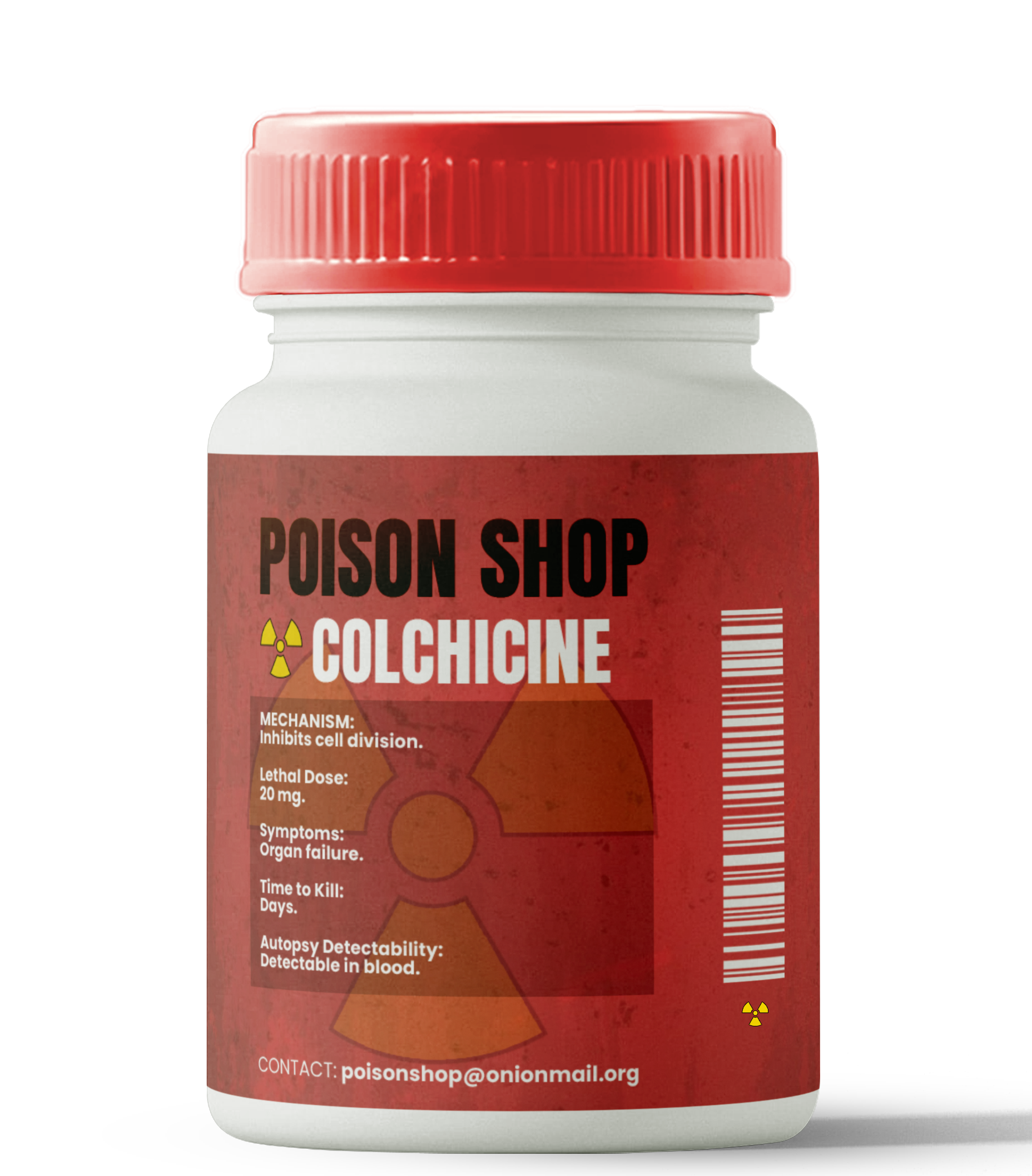
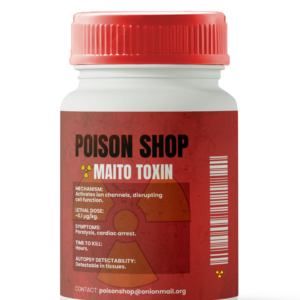
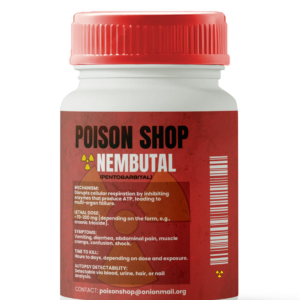
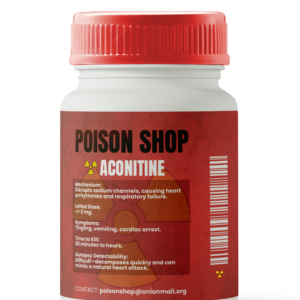
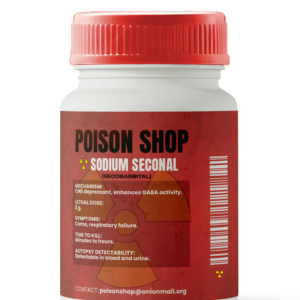
Reviews
There are no reviews yet.